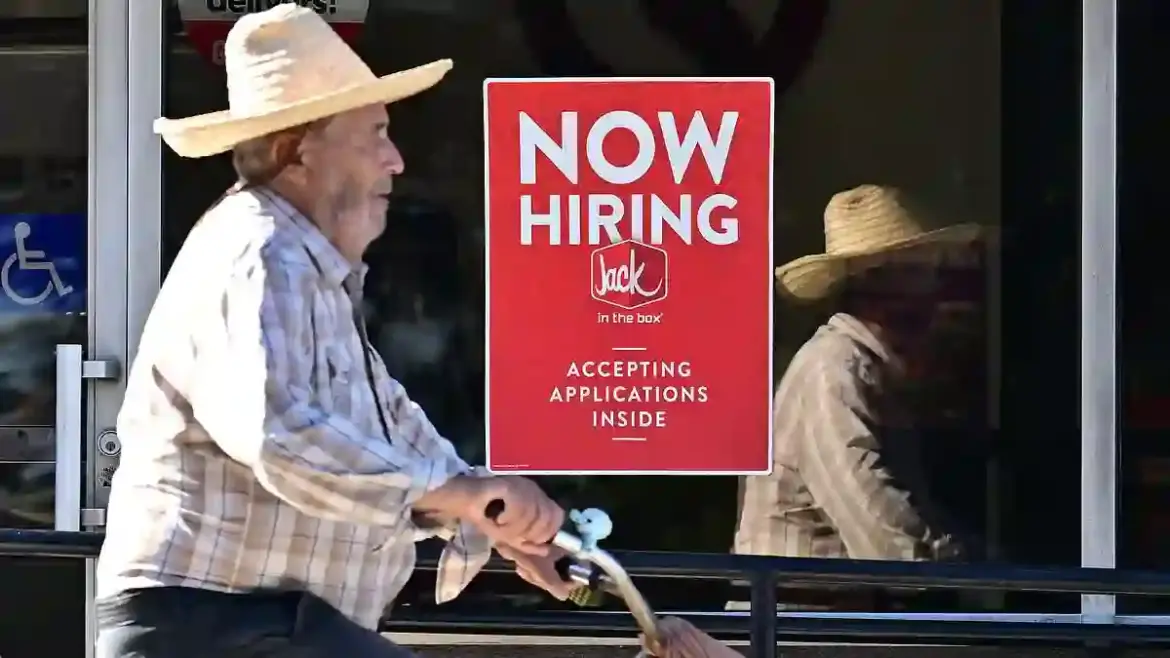Wall Street investors are bracing themselves for a potential information blackout as the U.S. government inches closer to a shutdown.
The Labor Department recently released a 73-page memo outlining how it would operate if Congress fails to agree on funding.
With Democrats and Republicans at an impasse, many worry that critical economic data could vanish from the radar.
Federal Employees Could Stop Work
According to the memo, if no agreement is reached by Wednesday, federal employees—including those at the Bureau of Labor Statistics (BLS)—would halt operations. The memo warned: “BLS will suspend all operations.
Economic data that are scheduled to be released during the lapse will not be released.”
This means key economic indicators, such as the much-anticipated monthly nonfarm payroll report, may be delayed, leaving investors and analysts without the information they rely on to make informed decisions.
Jobs Data and Federal Reserve Decisions Hang in the Balance
For months, Wall Street has been carefully watching job reports, hoping they will influence the Federal Reserve’s decisions on interest rates.
The Fed uses rates to balance its dual mandate: promoting employment while keeping inflation near two percent.
When inflation rises, rates climb to slow spending. When job growth slows, rates drop to encourage hiring and investment.
During its mid-September meeting, the Fed cut rates for the first time this year, citing uneven job growth as a potential reason for further easing.
But now, the potential shutdown threatens to stall the release of economic reports that help guide the Fed’s next moves.
Consumer Prices and Inflation Reports Could Also Be Delayed
Other critical economic data, including the October 15 Consumer Price Index (CPI) report, could also be affected if Congress does not pass a budget.
Investors, who have been riding high since the last Fed meeting, had been hoping that rate cuts would continue, making it cheaper to borrow and invest.
Now, uncertainty surrounding data releases could throw a wrench into market strategies.
Jerome Powell Highlights Growing Risks
Fed Chairman Jerome Powell has acknowledged the tricky landscape.
Recent reports show more Americans seeking unemployment benefits and rising prices at grocery stores, mechanics, clothing retailers, and restaurants.
Powell noted: “The unemployment rate is low but has edged up. Job gains have slowed, and the downside risks to employment have risen.”
He added that the balance of risks has shifted, prompting the Fed to move its policy stance closer to neutral during the September meeting.
Investors on Edge as Deadline Approaches
As the Wednesday deadline looms, investors must prepare for a world with limited economic data.
Without timely information, trading and market forecasts could be less predictable, leaving Wall Street navigating in the dark.
This is a developing story. Updates will follow as new information becomes available.
